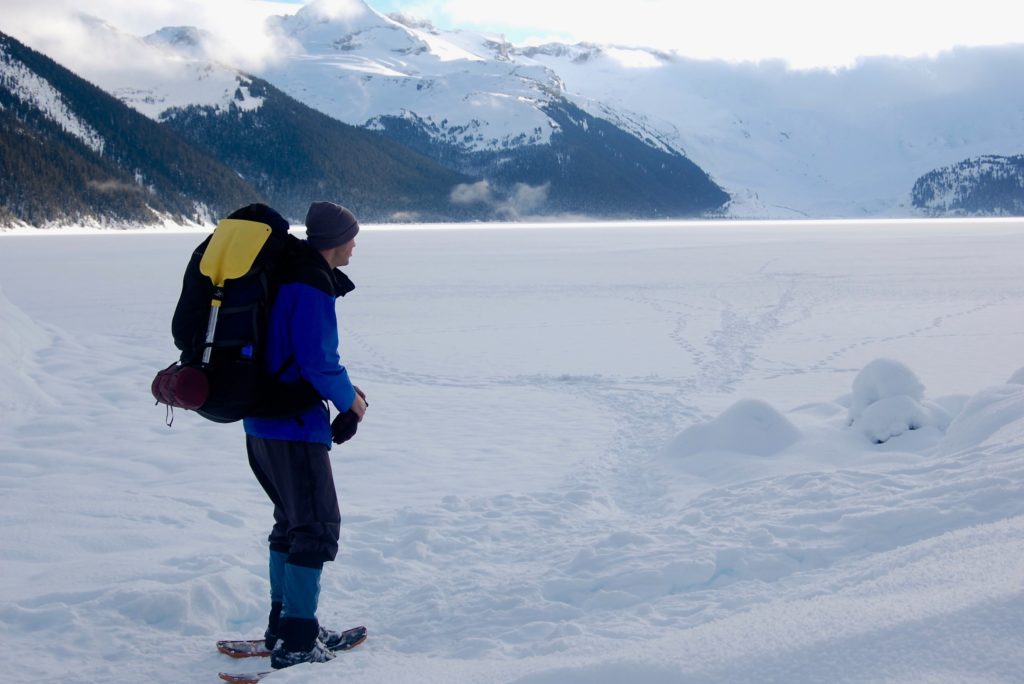People of a certain age remember the days when a deep, dark tan was considered an attractive, healthy part of our summer appearance. Folks would slather on baby oil and lie out in the sun for hours, sometimes even holding shiny reflector panels to focus the rays more.
Those days are gone, and most people today are more interested in protecting themselves from the sun’s rays than attracting them. Here in Canada we are less concerned about that anyway — our summers are shorter and our winters are colder, which means we spend more time bundled up against the cold. So that means there’s less chance of sun damage and developing skin cancer, right? Not quite.
Facts about the sun’s rays in winter

According to the Canadian Cancer Statistics publication, in 2019 7,800 Canadians will be diagnosed with melanoma skin cancer, and 1,300 Canadians will die from it. Canadians are not immune to skin cancer just because we don’t live in a consistently warm weather climate.
- UVA rays don’t go away in winter. There are two types of ultraviolet rays from the sun that can cause skin cancer — UVA and UVB. UVB rays are not as strong in the winter, but UVA rays are. And just because you’re staying indoors in your cozy house, don’t feel secure — UVA rays can penetrate glass, so your windows are no protection. You won’t get a sunburn from UVA rays, but don’t let that fool you — if your skin is exposed to them, they will destroy your skin’s elasticity, create wrinkles, and contribute to every kind of skin cancer.
- Winter skin is more sensitive. Because our skin is less exposed in the winter, it produces less melanin, which is responsible for the tanning that protects (to a degree), our skin cells from UV radiation. That pasty white skin we have in winter is more vulnerable to UV damage if we suddenly spend eight hours on the ski slopes on a sunny day.
- A day on the slopes is like a day on the beach. A favorite winter activity of many Canadians is to hit the ski slopes and spend hours outside getting a good workout — and damaging their skin. The higher above sea level you go, according to the Skin Cancer Foundation, the stronger the UV rays are (including the UVB ones). On top of that, snow reflects sunlight and intensifies the UV rays, so that sun up on the slopes is baking any unprotected skin.
What you can do
Not only should you wear sunscreen, you should also apply a topical anti-oxidant in the winter. Especially if you’re going to be spending a significant amount of time outdoors. After you have applied a topical anti-oxidant, you should slather on a sunscreen with an SPF of at least 30-45 for complete skin protection.
Don’t be fooled by the change in seasons. It is just as important to wear sunscreen in the winter as in the summer — yes that means 365 days of the year. If you take the necessary precautions, you can easily enjoy winter activities without damaging your skin.




